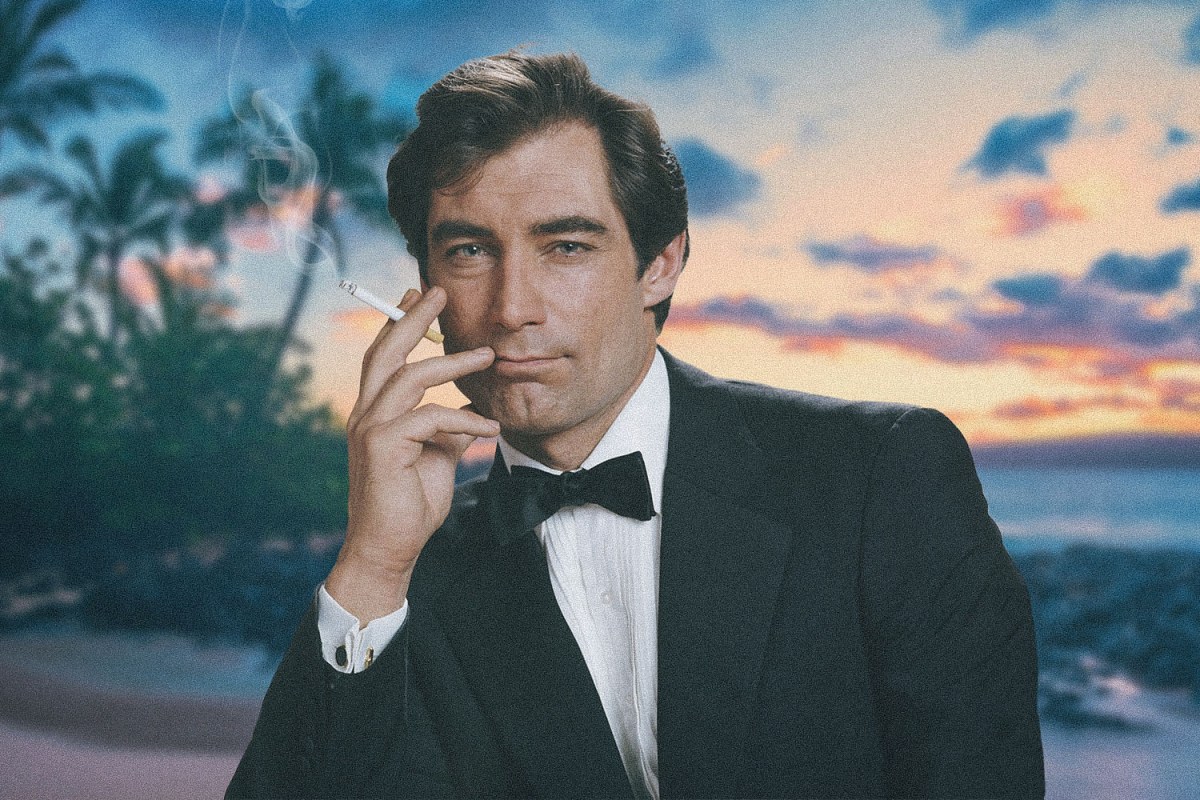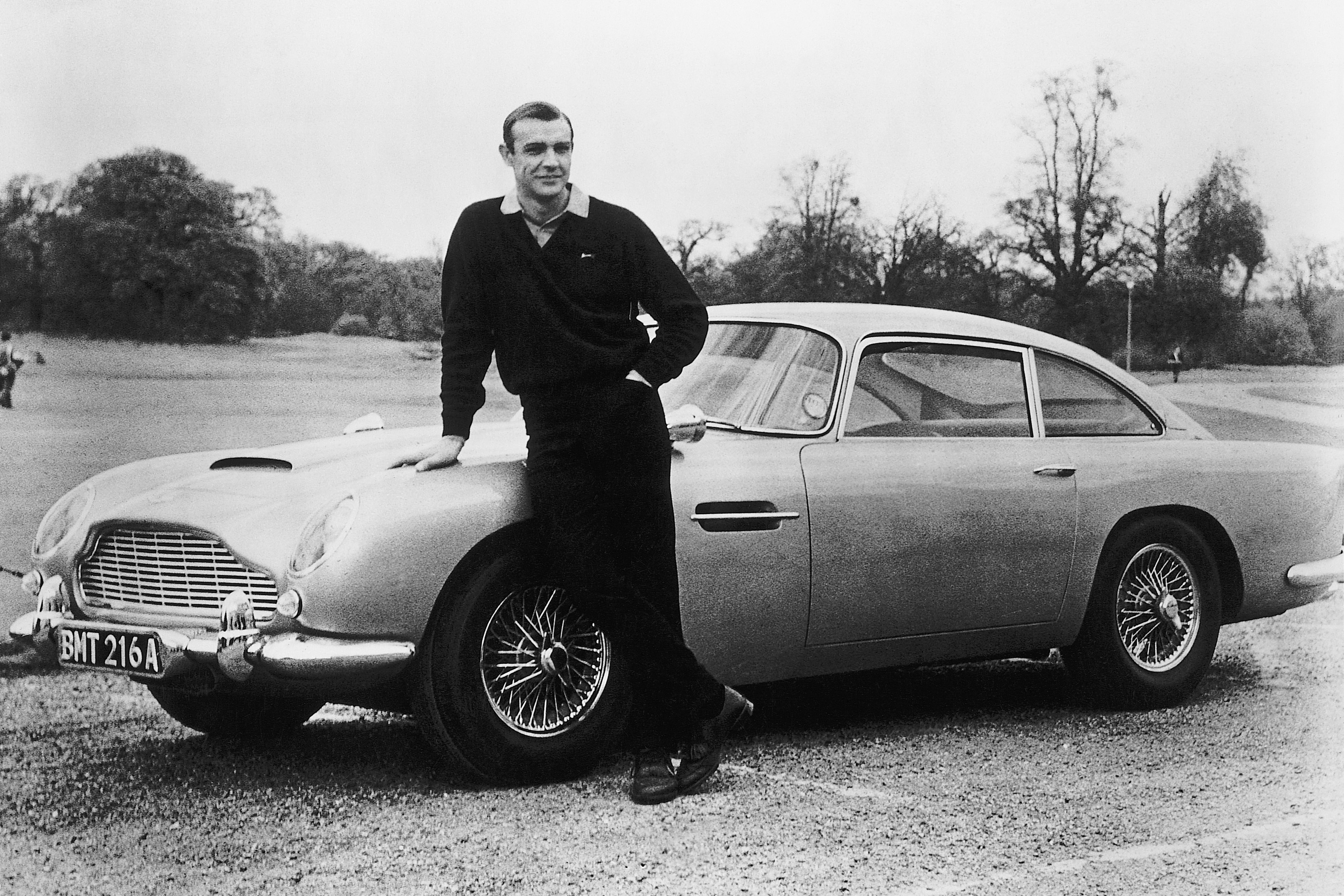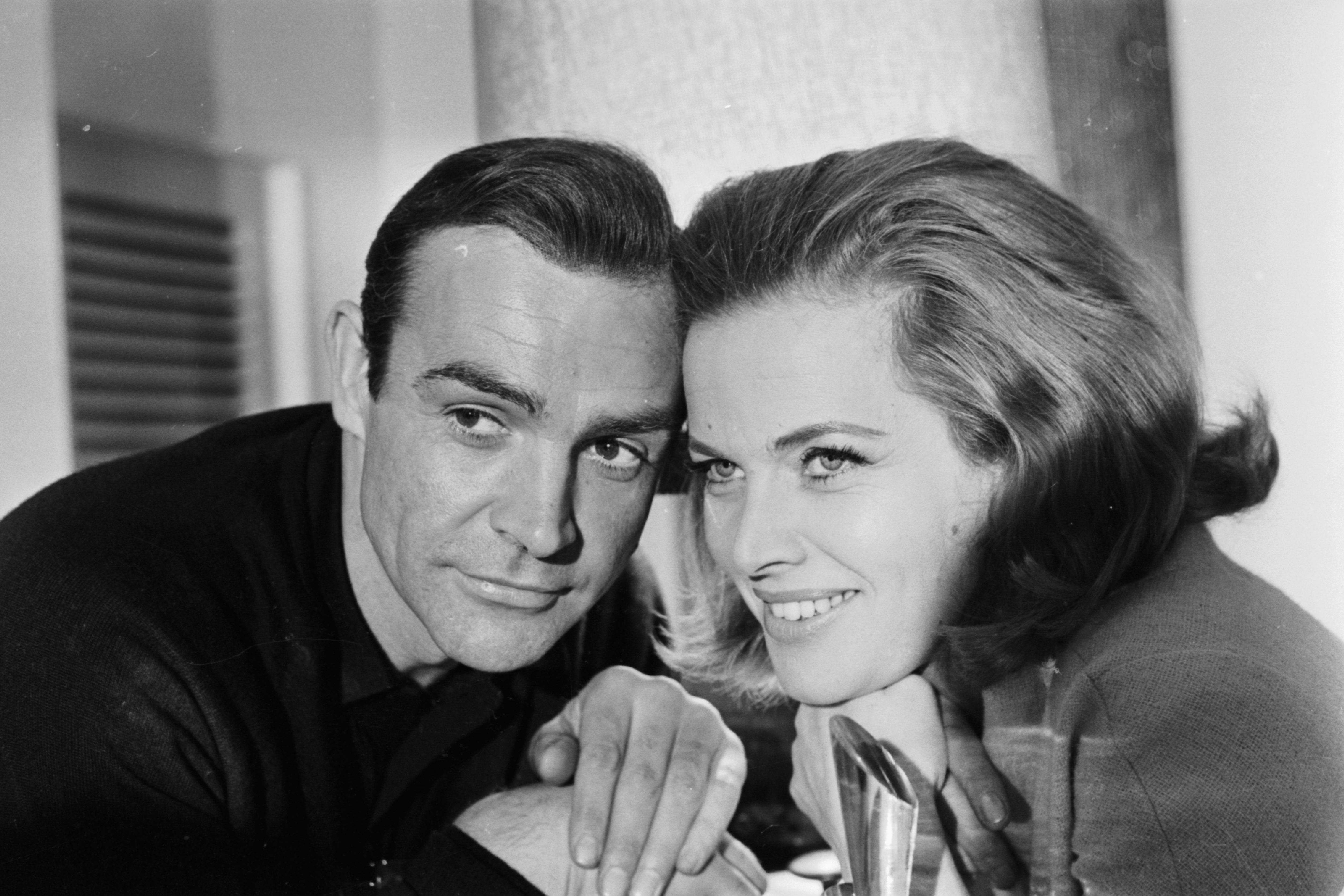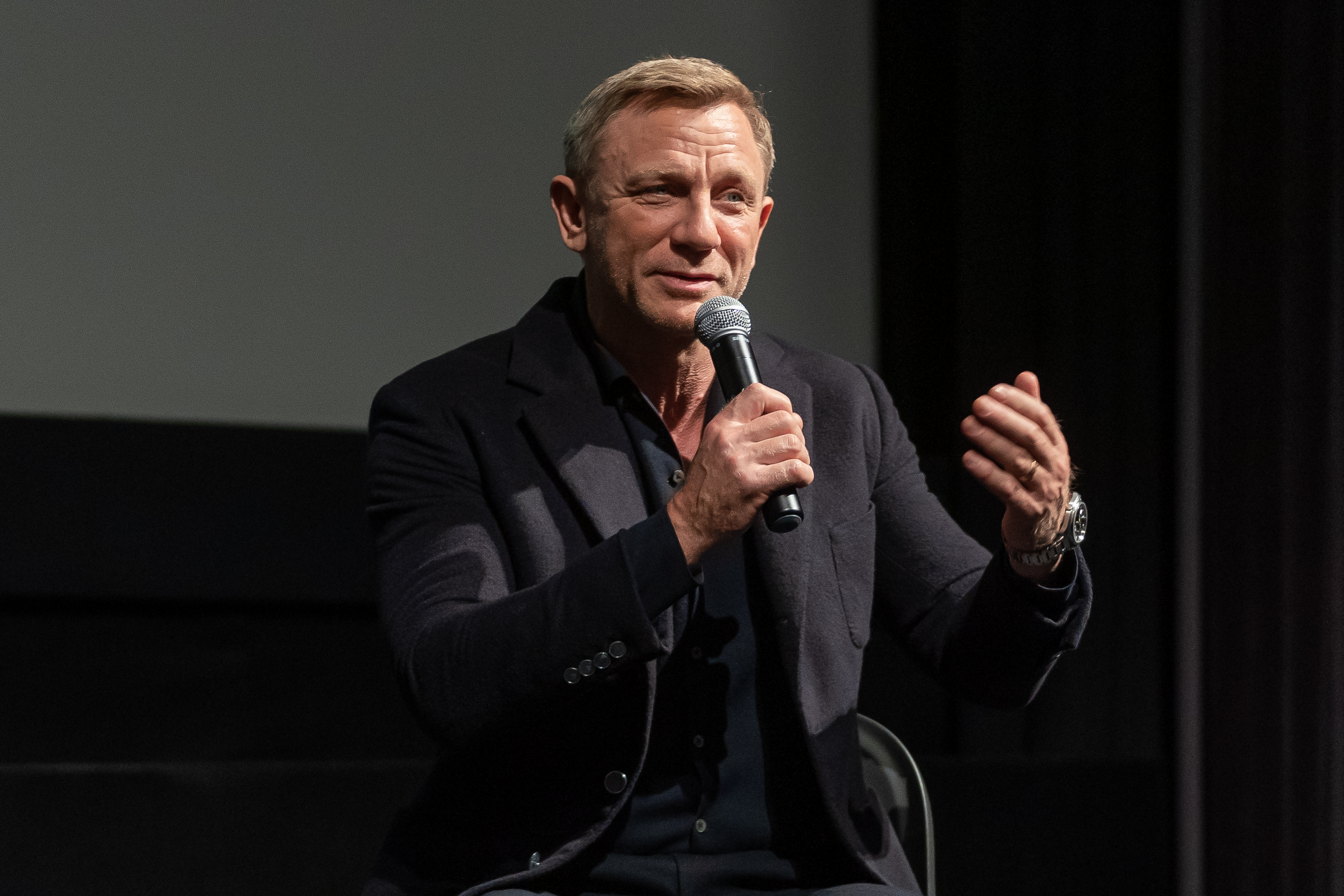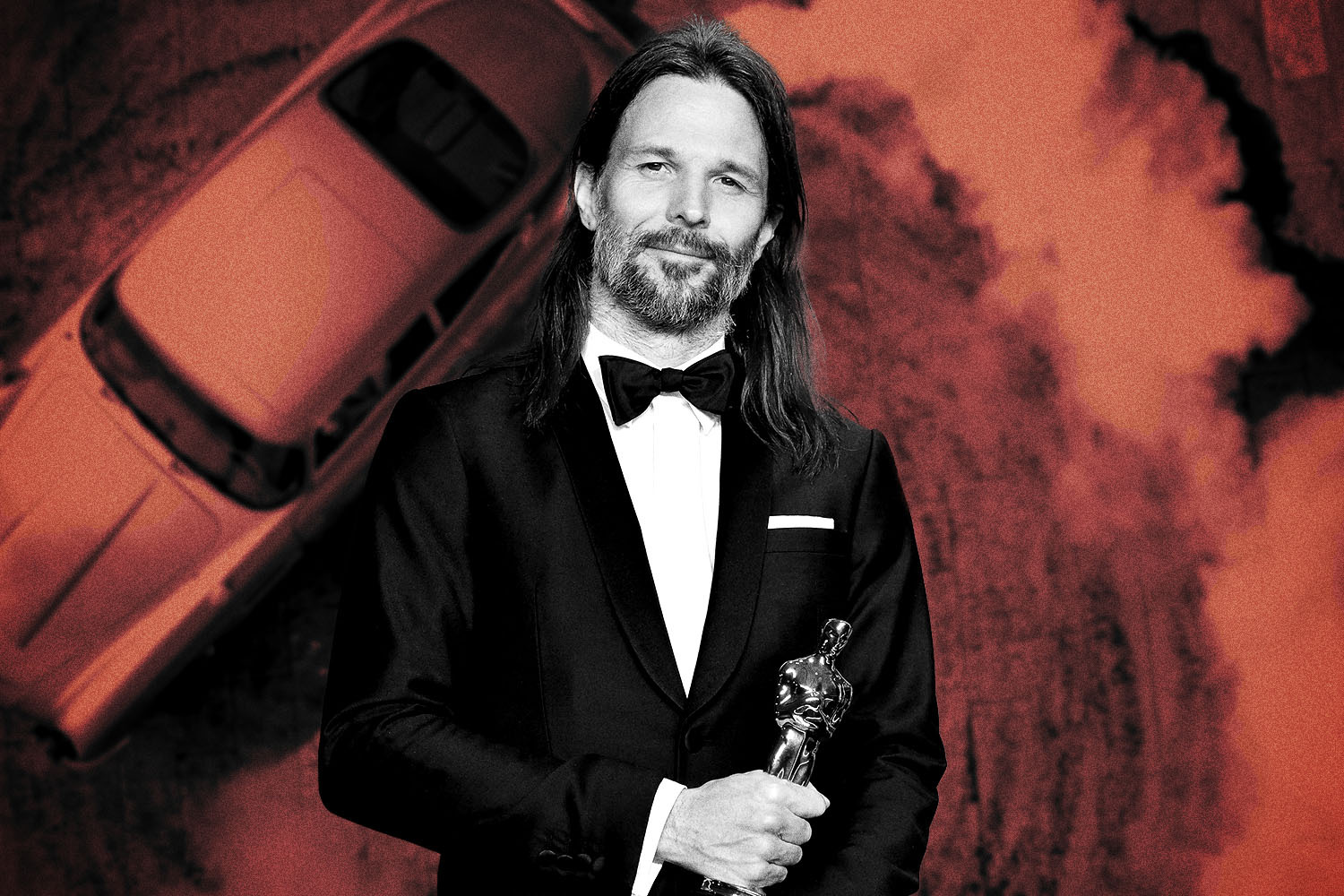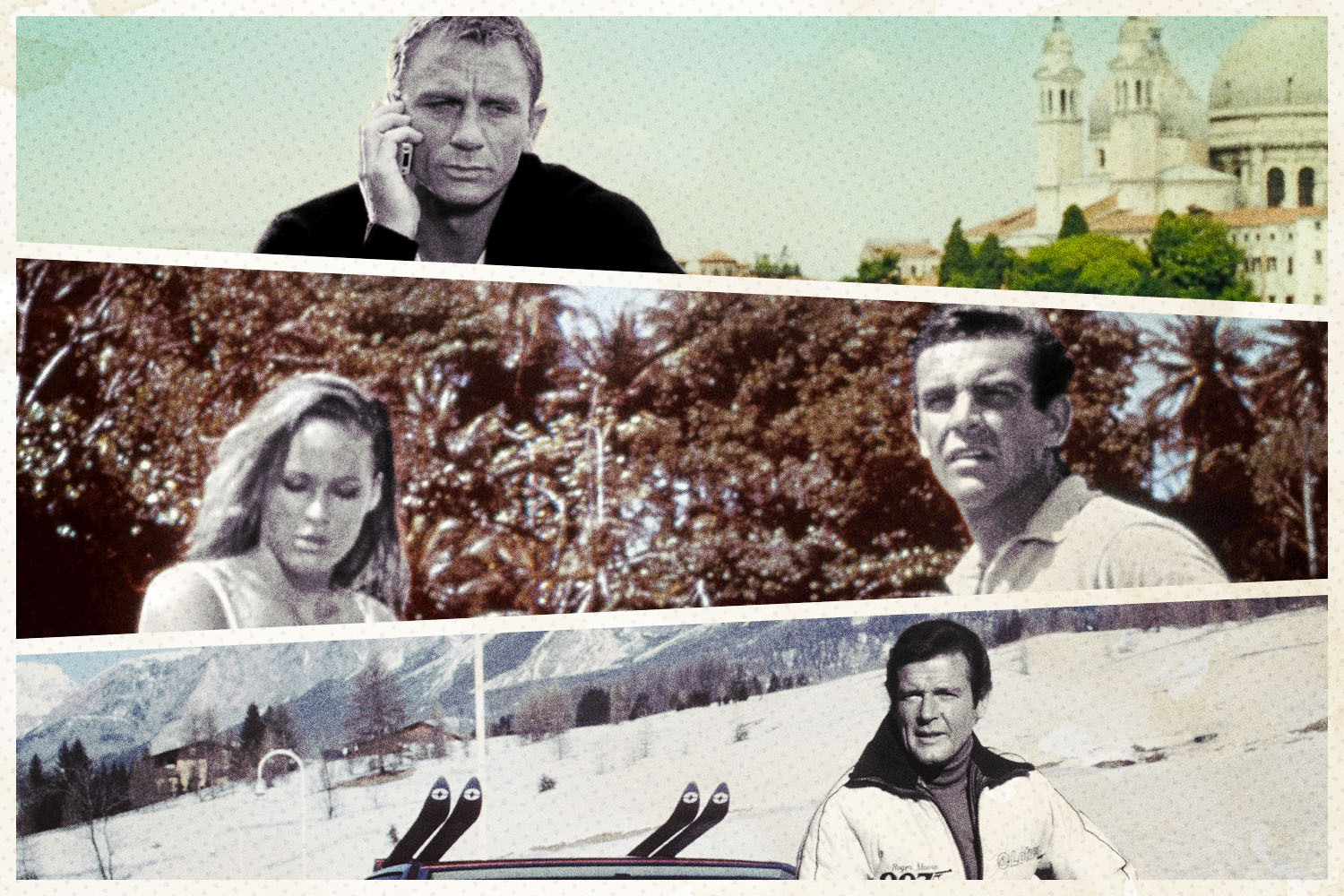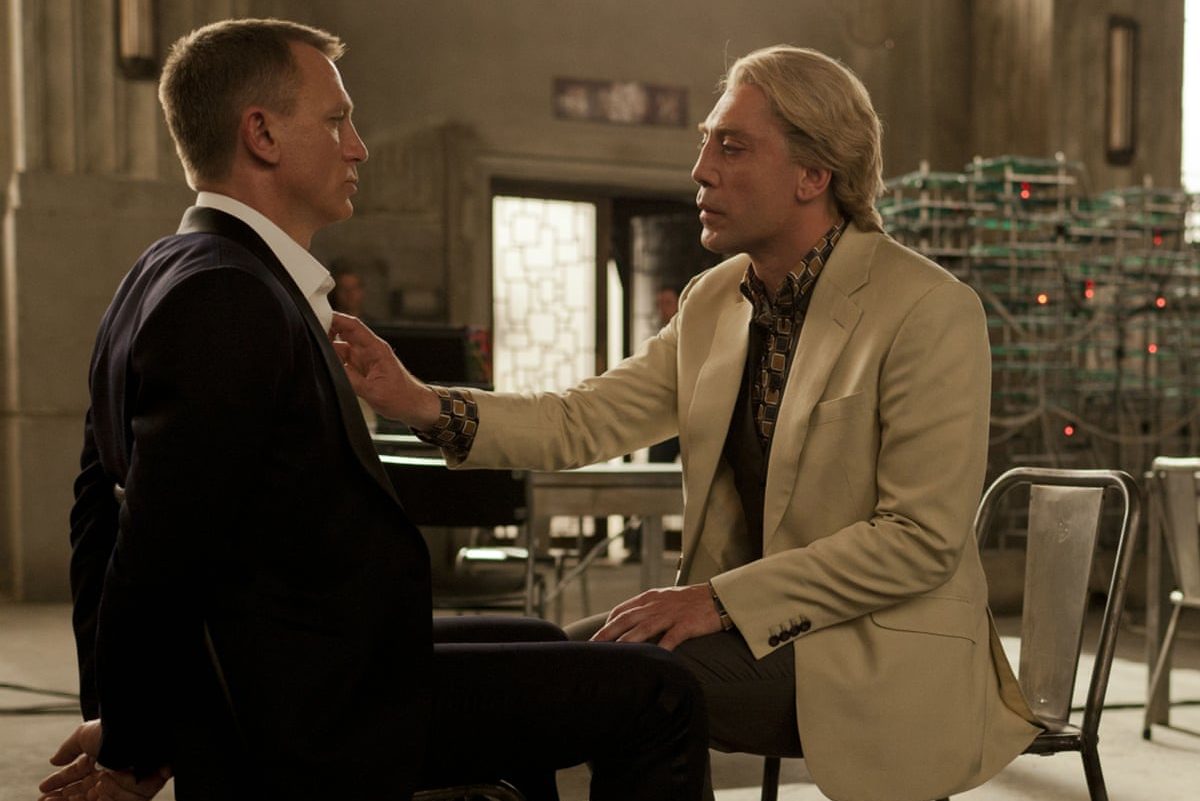Timothy Dalton was my first and only childhood celebrity crush. While other girls my age were tearing photos of a baby-faced Justin Bieber out of magazines and daydreaming about the One Direction boys, I spent my preteen years simping over an aging British actor best known for a brief and arguably lackluster stint as James Bond in the ’80s.
When I tell people this, they usually assume I was a precocious James Bond fan who inherited a preference for Dalton, however unpopular, from my Gen X parents. In reality — and in the interest of full disclosure — I’ve never seen a single James Bond film in its entirety. Meanwhile, my father’s Bond of choice was Roger Moore, meaning he, like many Gen Xers who weathered the stark transition from Moore’s campy Bond to Dalton’s stoic, gritty interpretation of the character, was not a big fan of Timothy Dalton, even going as far as to declare him the worst Bond of all time.
Rather, a precocious lover of Victorian literature if not Ian Fleming novels, I fell for Dalton thanks to his portrayal of not one but two iconic Brontë antiheroes in film adaptations of their 19th-century Gothic masterpieces. In one of his earliest screen roles, Dalton first stole my heart as the haunted, grim and borderline sociopathic Heathcliff in the 1970 adaptation of Emily Brontë’s Wuthering Heights — a role first played by Golden Age leading man Laurence Olivier in 1939. Thirteen years later, Dalton starred as the brooding Mr. Rochester in the 1983 BBC miniseries based on Charlotte Brontë’s classic, Jane Eyre.
It was in these roles — roles for which Dalton, himself, would probably rather be remembered, but which have been largely overshadowed by his divisive James Bond stint — that I first fell for him: the “consistently lean,” “green-eyed” leading man hailed in a particularly horny IMDb bio as “one of the last of the dying breed of swashbuckling, classically trained Shakespearean actors who have forged simultaneous successful careers in theater, television and film.”
Indeed, prior to the short-lived Bond stint that would alter his legacy forever, Dalton was best known for playing some of literature’s most iconic leading men on stage and screen, including several turns as Shakespearean heroes on stages around the world dating back to the ’60s. It was this classically trained spirit and intensity that Dalton brought to the Bond role. The star famously studied Ian Fleming’s novels, and could often be spotted poring over them on set, modeling his Bond closely after Fleming’s original character. The result was a darker, grittier, moodier Bond, a far cry from the lighthearted, near absurdity Roger Moore’s 007 had been serving up since 1973.
Ultimately, it was a Bond audiences simply weren’t ready for at the time. While Dalton’s first Bond film, 1987’s The Living Daylights, was a box-office success, reviews of its star were mixed. While a few die-hard Fleming fans praised the new Bond’s commitment to the original character, neither Gene Siskel nor Roger Ebert were impressed, and a dismissive People review proposed it may be time to “send James off to well-earned retirement with a gold-plated martini shaker and the thanks of a grateful moviegoing public.” Despite being one of the most coveted Bond actors of all time — Dalton was offered the role multiple times throughout his career before finally accepting it — he wasn’t particularly well received by audiences or critics, and his Bond legacy remains lukewarm at best.
Ebert did suggest there may be hope for Dalton’s Bond, if only he could learn to imbue the character with enough of the humor audiences raised on Roger Moore had come to expect. This, of course, was the exact opposite of what Dalton was trying to do, and, frankly, of what he had been hired to do. As Esquire editor-in-chief Michael Sebastian put it in his Bond ranking (in which Dalton earns a decidedly mediocre fourth place) Dalton had been tasked with the impossible, “To bring the character more in line with Fleming’s vision of Bond as a grittier and more serious character, but not alienate the fans who’d spent more than a decade watching Roger Moore inhabit the part.”
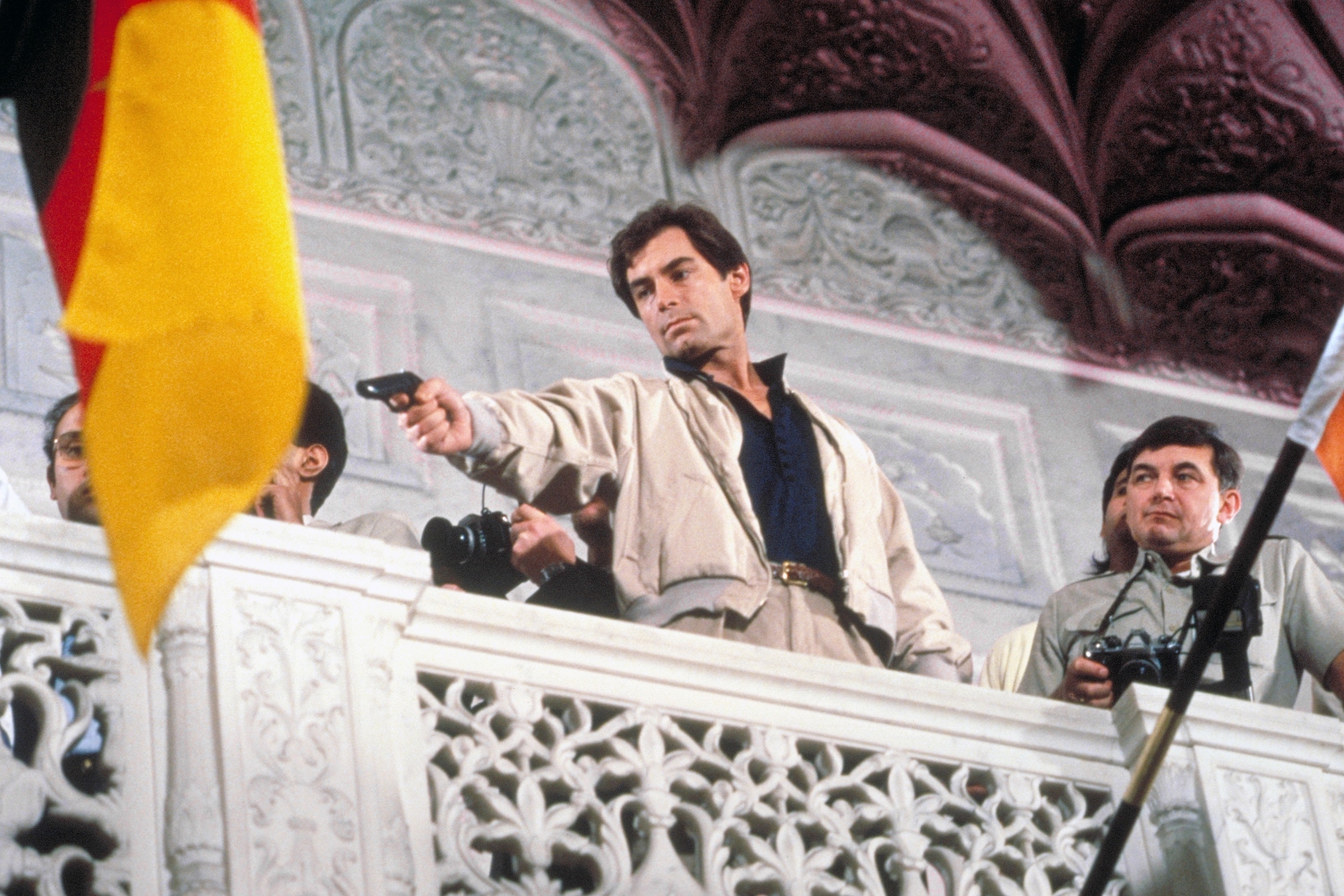
Dalton himself has confirmed this was the plan, however poorly received it ended up. “I came in under certain circumstances,” Dalton told The A.V. Club in 2014. “The prevailing wisdom at the time — which I would say I shared — was that the series, whilst very entertaining, had become rather spoof-like. It was one-liners and raised eyebrows and it had become, let’s say, too lighthearted.” According to Dalton, producer Albert Broccoli agreed, and wanted to bring the James Bond universe back to its roots with a more serious lead.
But, as Dalton and Broccoli found out, change is hard, and rarely welcomed with open arms. “So that was the loose framework that we sort of embarked on, but then you find that nobody else wants to change it all!” Dalton continued in the same A.V. Club interview. “The studio doesn’t want to change it, the people that work on it don’t want to change it… Everyone’s happy with what they know. And everyone intellectually says, ‘Well, yes, we should, it was getting a bit stale, it was getting a bit this, that, and the other,’ but nobody actually wants to. So it wasn’t as easy as one would hope.”
Two decades later, however, it seemed the public was finally ready to embrace the kind of Bond Timothy Dalton tried to deliver, this time in the form of Daniel Craig. As early as Craig’s first turn as Bond in 2006’s Casino Royale, critics were drawing comparisons between Dalton’s 007 and Craig’s better-received attempt at a more stoic Bond.
“Ironically, the very characteristics that got Dalton slammed are the very same things that the Bond producers are praising Daniel Craig for,” the Guardian noted in 2006. “On and on, they have said they want Bond to be closer to the original Ian Fleming character. They want him to be grittier, darker and less jokey. What they really want, it seems, is to have Dalton back.”
Timothy Dalton’s Bond was simply before his time. Clearly, I am no James Bond expert, nor am I even really a fan. As a life-long Timothy Dalton stan, however, I would like to see this classically trained smokeshow finally given the respect he deserves. He was too good for ’80s audiences who were still simping over Roger Moore’s goofiness. We didn’t deserve him. We didn’t appreciate him when we had the chance.
It’s too late now. Dalton’s third James Bond film was delayed due to a legal issue, and by the time it was resolved, he was over it and “respectfully declined” to resume the role. These days, Dalton is 75, and has moved onto more humble roles, such as voicing an animated toy hedgehog in the incessant Toy Story franchise. Creeping towards his 80s, the actor may no longer be the swaggering leading man who stole my heart as multiple Brontë heroes or the stoic James Bond we didn’t know we wanted, but I still want Timothy Dalton to fuck the living daylights out of me.
This article appeared in an InsideHook newsletter. Sign up for free to get more on travel, wellness, style, drinking, and culture.
